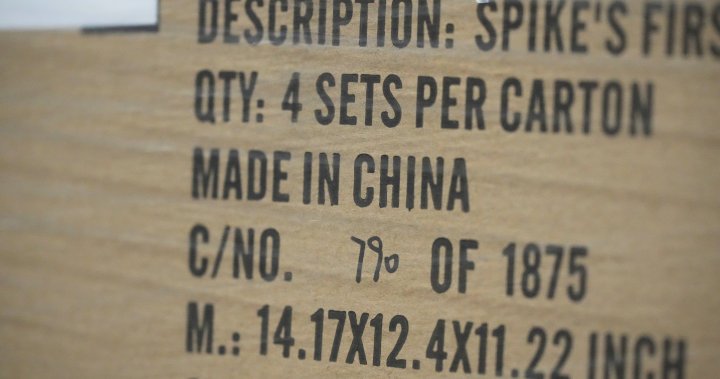The government has proposed doubling the penalty for cheating and plagiarism, from a two-semester suspension to four, in a bill that is expected to land in Parliament later this year.
Rytterager said he was inspired by accusations of plagiarism against Claudine Gay, Harvard’s former president, to check Borch’s work. Gay resigned this month after her presidency was engulfed by those accusations and allegations by some that her response to antisemitism on campus after the Hamas-led attacks on Israel was insufficient.
When Rytterager searched Google, he found that parts of Borch’s 2014 thesis in law were almost identical to a government report that she had not referenced. After he posted his discoveries on X, the Norwegian newspaper E24 published an article on the plagiarism. The thesis — on the regulation of oil extraction in Norway — even contained the same typos that appeared in a 2005 text, E24 reported.
The reports also spurred intense scrutiny of the academic work of other lawmakers, and reporters found that parts of the health minister’s thesis resembled other texts. The minister, Ingvild Kjerkol, has acknowledged that some references were missing, but she denied deliberate copying. Still, some academics called for her resignation.
Some politicians criticised what they saw as a media witch hunt on the work of 25-year-olds who later became politicians.
“Are the theses of newspaper editors also being checked?” Kristin Clemet, a former education minister, wrote on X.
Rytterager, who, when he is not studying, rides a tractor on his mother’s farm north of Oslo listening to audiobooks, said the case exposed something his work in agriculture had already taught him.
“On a farm you have to do your own work yourself,” he said. “You can’t steal that of other people.”
This article originally appeared in The New York Times.
#education #minister #fought #plagiarism #caught #copying













